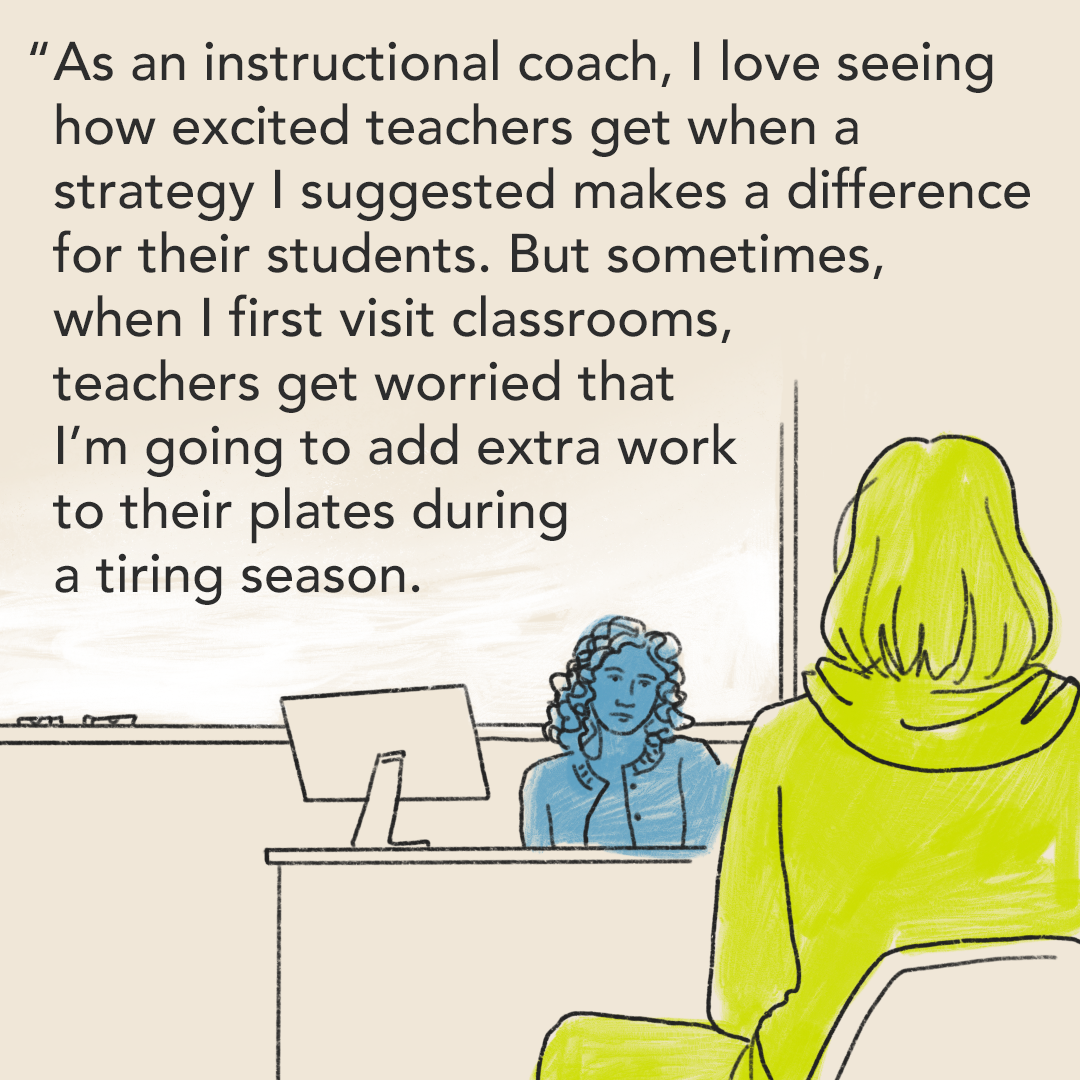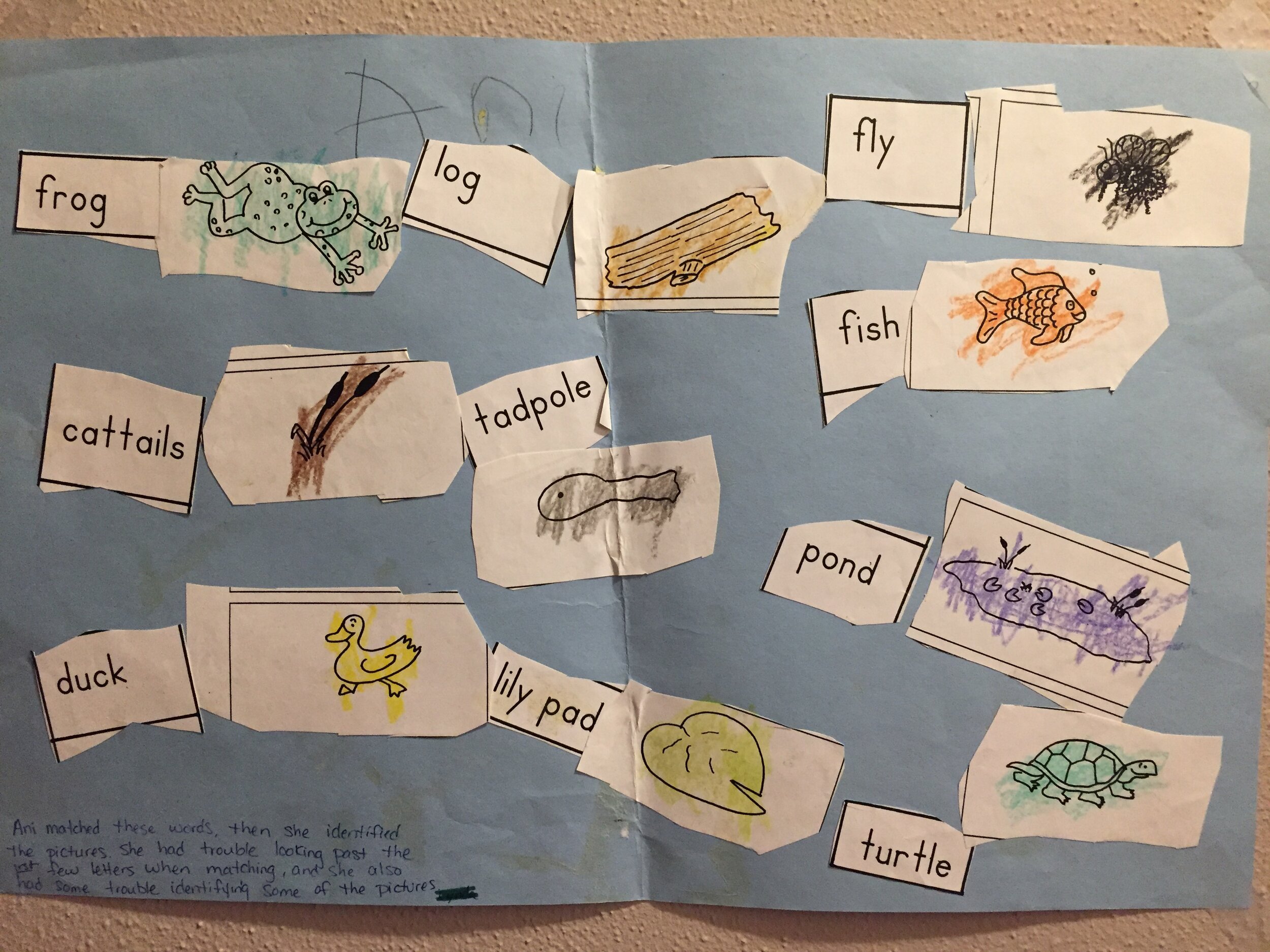As an instructional coach and reading specialist with 30 years of experience in education, it can be easy to overlook the challenges faced by novice teachers, typically defined as those with zero to three years of experience. How can we assist our novice colleagues to not only survive in the classroom, but thrive in the profession?
Why Writing Instruction In All Classes Is Important
We can give our students plenty of guidance, but without explicit examples and models, “writing like a [fill-in-the-blank]” can be confusing and, ultimately, frustrating enough that students may avoid writing altogether. Here are some practical tips for guiding students to write confidently acorss disciplines.
The Surprising Ways Differentiating Makes a Difference
“Consider differentiation a part of your teaching philosophy. When you’re able to apply differentiation as a philosophy, you no longer have to ask yourself, “How will I differentiate this lesson?” Instead, you unconsciously and routinely build lessons where differentiation is a natural part of your lesson creation method.”
Anchored in Education: Clearing the Path for Developing Learners
Clearing the Path for Developing Learners: Essential Literacy Skills to Support Achievement in Every Content Area is a book that came about after educators in Peg’s district began breaking down what essential literacy skills made their appears in standards, curriculum, and other areas. While I’ll let her talk more about these seven essential skills, I will say that Peg was recently a guest speaker for my Curriculum and Instructional Leadership course discussing these very skills. I think you will find a lot of applications in what Peg is discussing along with the usefulness her new book can provide districts.
3 Language Shifts That Promote Self-Belief for Students
When students feel like they’re struggling to solve a math problem or draft an essay, we educators know that can actually be a good thing – because the process of struggling leads students to solve problems, master concepts and build confidence with new learning. But when a learning challenge feels tough, it’s not always easy for students to sustain that growth mindset…
How I Get Teachers Invested in Instructional Coaching
On Being the Sub...
Let’s be honest, being a substitute teacher (heretofore known as “the sub”) can be a thankless job. I was a January graduate and teaching jobs were difficult to come by. As a result, I started subbing. One of my first gigs was at a local suburban high school. One of the reasons that job came to fruition was because my mother-in-law was one of the school secretaries. Remember, it truly is about who you know.
The Impact of Natural Support
As the Nana of an 18th month old toddler, I’ve been watching a lot of Moana lately. I had never seen the movie before, but since it’s the favorite, I’ve seen it more times than I can count.
Recently, I’ve been paying special attention to Hei Hei, Moana’s pet chicken. He isn’t very bright. Early in the film one of the islander’s announce that it might be time to eat the chicken since “he seems to lack the basic intelligence required for pretty much everything” as Hei Hei devours a rock. But Moana sticks up for her friend, responding: “Sometimes our strengths lie beneath the surface. Far beneath, in some cases” just as Hei Hei spits up the rock.
The More You Know
How to Read (in) Music
One of my favorite ways to spend the first block is to observe a music class. I am an Instructional Coach and Reading Specialist at a large, urban high school. I collaborate with dozens of teachers by supporting them in embedding literacy into their classroom teaching with disrupting their learning objectives.
Mr. Dillman’s Fairy Garden
Walking into Kurt Dillman’s classroom is anything but ordinary; in fact, it is quite extraordinary. Mr. Dillman, the ToK (Theory of Knowledge) teacher at Ronald Reagan IB high school, has created a world populated by fairies, fountains, and fancy within his classroom. Measuring the size of four ping-pong tables, the garden all but overtakes Mr. Dillman’s room. But the students aren’t complaining; pushing the desks a little closer gives room to a fairy world that many students have never experienced: tranquil fountains, an afternoon swing or walks along a pebbled path. But, in Kurt Dillman’s classroom, that world is available to experience and imagine.
10 Suggestions for the First Day Back
Many of us go back to work this week after enjoying some rest and relaxation. We hope our students had the same opportunity to relax with family and friends; but, unfortunately the sad reality is that many of our students will come back to us exhausted and anxious. As a result, we have to be ready for what they need and deliver it with empathy and compassion.
Here are some suggestions for the first day back. Please feel free to revise and modify for what your students need.
How to Jigsaw a Literacy Lesson in Physical Education
It is expected that all teachers will teach literacy - the reading, writing, speaking and listening - indicative to their content areas. Disciplinary literacy, as developed by Dr. Timothy Shanahan, is based upon the idea that literacy and text are specialized, and unique, across the disciplines.
Effective Classroom Strategies Based on Successful PD
Imagine if some of the best practices of professional development workshops were transferred to the classroom? As a regional and national speaker, I create presentations focusing on literacy skill-building meant to support teachers in all content areas. What might it look like to transfer those pertinent workshop skills to the classroom?
Here are five foundational suggestions to create a simple, significant and sensible classroom.
Perimeter People
The other day I was talking to my son and he described an acquaintance with a larger-than-life personality. As a matter of fact, the whole family was like that. They were gregarious, over-the-top-we-love-being-the-center-of-attention people. I asked him if our family behaved like that; were we vociferous and outrageous?
“No,” he replied. “We’re perimeter people. We watch what’s going on around us.”
“’Perimeter people?’” …
A Few Words, A Huge Impact
As the Instructional Coach/Reading Specialist at a large urban high school, I’m in classrooms all day offering suggestions, proposing resources and learning from my colleagues.
The other day I was in a Science classroom, observing and supporting a new teacher. I wanted to learn ways to offer assistance, so I listened as she explained her expectations and instructions for the upcoming lab…
“Want Balance? Create a Schedule and Alleviate the Guilt”
Parents, We Teachers Really Want to Work with You!
I wrote this article almost 9 years ago (reprinted with permission from JSOnline, August 27, 2005), and I believe it is just as timely now as it was then. With Common Core, standards based grading and an onslaught of new initiatives, I hope you feel this advice is practical for everyone involved in education!
This is an exciting, almost anxious time as your son or daughter enters high school or begins another year of academia.



